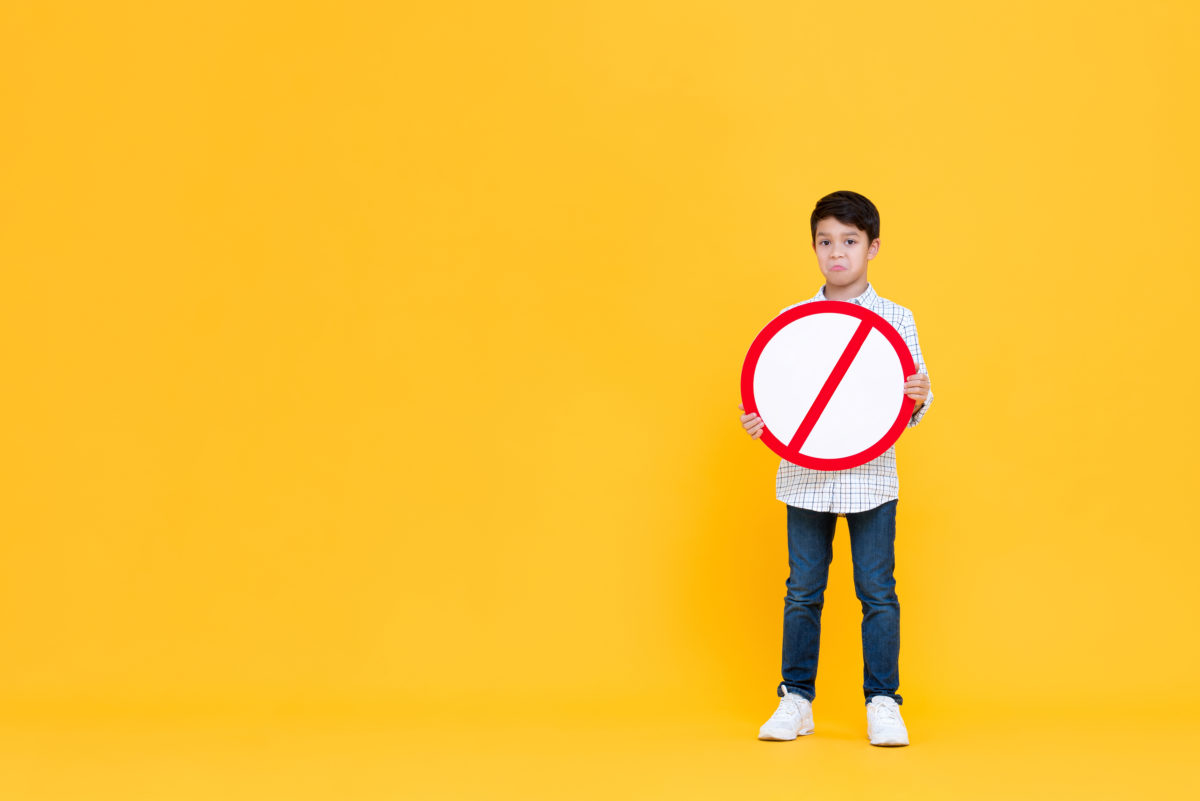The Bottom Line Elitists Want to Ban Homeschooling
Elizabeth Bartholet, Wasserstein Public Interest Professor of Law and Faculty Director of Harvard Law School’s Child Advocacy Program, is sponsoring an upcoming invitation-only summit that features a lineup of outspoken homeschool critics.
The topics of discussion? The abuse and neglect of children by homeschooling parents, concern about homeschool students’ lack exposure to the “diverse culture” available in public schools, and skepticism that homeschoolers are adequately educating their children.
Bartholet believes homeschooling infringes on the child’s right to “a meaningful education.” She also believes education in the home will preclude children from contributing to a democratic society (never mind that taking away homeschooling is anything but “democratic.”)
Arguing that some parents come from “extreme religious ideologues,” she poses the question, “Do we think that parents should have 24/7, essentially authoritarian control over their children from ages zero to 18?” Responding that “that’s dangerous,” she instead advocates for state-run schools’ having complete control over children. Who’s the ideologue here?
Much more dangerous is a small, influential and elitist group of academic intellectuals’ dictating that children should be indoctrinated in a worldview that is hostile to the beliefs of many parents.
Evidently not aware of the irony, Bartholet goes on to say, “I think it’s always dangerous to put powerful people in charge of the powerless, and to give the powerful ones total authority.”
The bottom line is that parents, more often than not, know what is best for their children. Homeschooling works for many children. Empirical research done by Brian D. Ray shows that homeschooled students test well above average. Focusing on Oregon and Washington, he notes that “in 11 of the 14 peer-reviewed studies, there was a definite positive effect on achievement for the home-schooled students.”
The coronavirus has temporarily turned homeschooling into the predominant form of education. One hopes that the experience will lead to an increase appreciation for its value, not only as effective way to educate children whose parents choose this option, but also as a means for families to teach their values rather than being indoctrinated in a hostile worldview.


